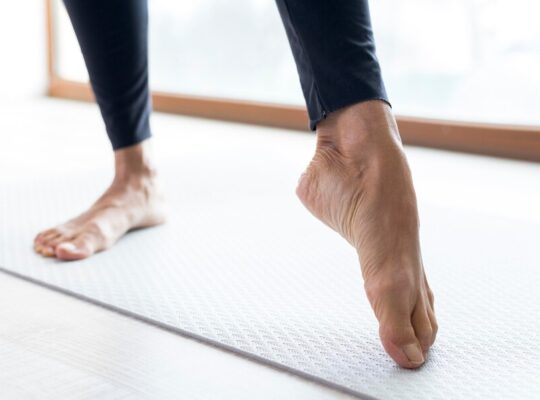It was derived from instances where people sleep in uncomfortable positions due to previous night’s match drinking or dancing and as a result, they exert pressure on the radial nerve for long.
Causes of Saturday Night Palsy
>Saturday Night Palsy is therefore attributed mainly by continuous pressure on the radial nerve. This normally occurs when a man or woman lays his or her arm on a chair, a bench or any other thing and goes to sleep with the same position placing pressure on the nerve all night.
Here are some common situations that can lead to this condition:
Alcohol Consumption: Alcohol has sedative effects on the body and enables a person to have deep sleep and even does not shuffle much at night. This raises the odds of remaining in a position that will cause damage to the nerve or compress it.
Deep Sleep: Alcohol being the root cause of the actual occurrence of it, a very deep sleep is also likely to make one linger on one position for too long.
Injury: A direct injury or a trauma which is inflicted on the upper arm may also cause the radial nerve to become compressed, which results in the same symptoms.
Symptoms of Saturday Night Palsy
It should also be noted that the manifestation of Saturday Night Palsy depends on the extent of nerve compression and the duration of this process. Nerve injuries such as those seen in Saturday Night Palsy may impact muscle function, similar to the effects observed in soft tissue sarcoma. Common symptoms include:
Weakness in the Arm or Hand: Arm or hand may feel unusually weak that you are unable to grip or hold some objects or move your wrist.
Numbness or Tingling: In this condition, you may realize that you sometimes have no feeling or else a pins and needles sensation; usually, this is experienced in the rear part of the palm as well as the fingers.
Difficulty Moving the Wrist or Fingers: In severe cases, you might experience problems with the motion of the wrist and fingers that you have. This is sometimes called “wrist drop.
If you’re dealing with nerve-related pain from Saturday Night Palsy, you might find my article on types of pain helpful in managing discomfort.
Diagnosis of Saturday Night Palsy
Diagnosis is usually by history taking and a physical assessment of any symptoms and activities carried out before the onset of the condition. Your doctor will have to examine the arm, the wrist and the hand to determine muscular bulk, tone and sensation.
Occasionally another test, a nerve conduction study is conducted. This test determines the rate at which electricity travels through the nerves, which aids the identification of the section of the nerves that is compressed.
Treatment for Saturday Night Palsy
It is a fact that the effective approach in the case of Saturday Night Palsy is significantly based on the extent of the condition. The vast majority of cases are time-sensitive; such patients do not need surgery but rather adequate medication. Here’s what to expect:
Rest and Avoidance of Pressure: The initial move that should be taken towards the problem area is by sparing the radial nerve from any more pressure. Arm rest and nonuse of positions that predispose the individual to pressure on the nerve are advised.
Physical Therapy: This involves going for a physical therapy that can assist in building strength and flexibility of the arm and hand which is affected. Electromyography tests can be done on the muscles that are compressed by the nerves and exercises can then be done to the areas that need resistance.
Pain Management: It is advised that people diagnosed with the condition should take pain relievers to reduce any kind of pain that they may be experiencing such as Over the Counter drugs including Ibuprofen or Acetaminophen.
Splinting or Bracing: Occasionally, a wrist band or support might be suggested to immobilize the wrist so as to decrease pressure on the nerve and minimize its inflammation or further trauma.
Surgery: Occasionally, if the nerve has not healed spontaneously, sometimes one may require surgery to release pressure off the nerve or actual repair of the nerve.
For those recovering from Saturday Night Palsy, staying active and building strength, similar to the biceps and back workouts I discuss, can aid in rehabilitation.
Recovery and Prognosis
People with it recover fully with proper care. It may range from a few weeks to several months depending with the extent of nerve compression. It is also relevant to emphasize that follow-up appointments with the doctor are necessary to track the improvements.
Preventing Saturday Night Palsy
For one to avoid experiencing S.N.P, one has to avoid certain sleeping postures and individual routines or practices. Here are some tips:
Mind Your Sleep Position: Avoid lying on your arms, or try not to lay on your arms in a manner that might result into pressure. It is suggested to use pillows to support the arms if such need arises.
Limit Alcohol Intake: Cutting down the amount of alcohol intake minimizes chances of deep sleep and the probability of spending time in a bad posture.
Stay Active: Muscles and nerves are enriched through exercises, and hence, the chances of getting a nerve compression are minimized.













1 Comment